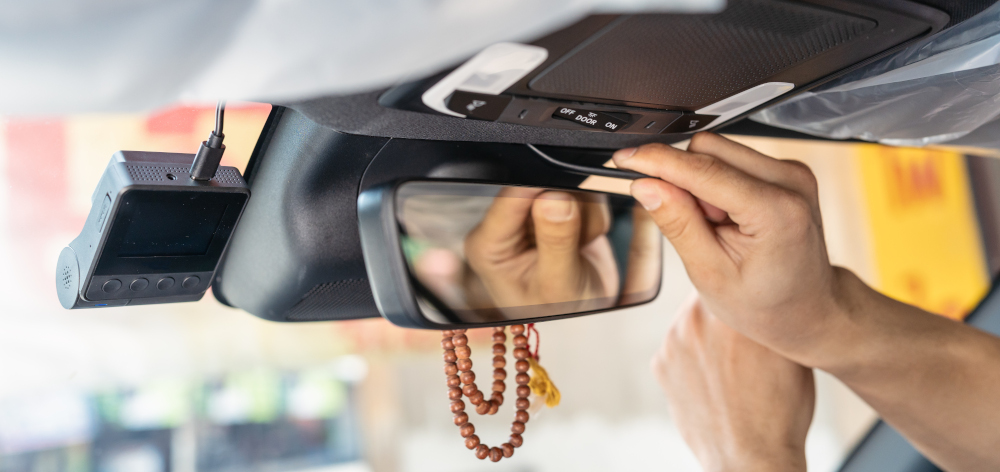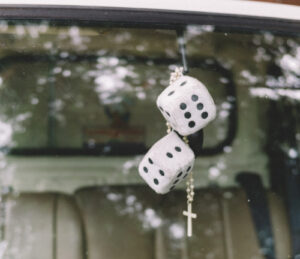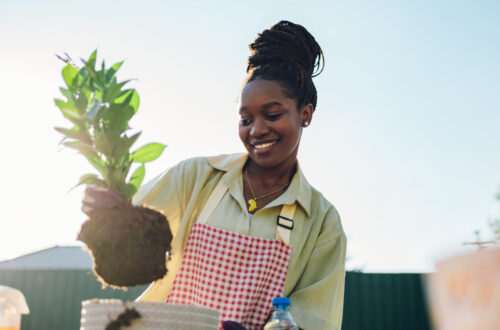
South Africans Bet on More Than Just Money
South Africa has always lived in a space where belief and practicality overlap. You’ll see it in the small things, beaded charms tied to taxi rearview mirrors, a woman in Braamfontein rubbing her lotto ticket with holy oil before a draw, the quiet tap of a knuckle on wood before placing a sports bet online. Luck here isn’t just a concept, it’s a craft, a daily companion. Gambling, in all its forms, whether it’s online bingo on Goldrush.co.za, betting on the Springboks, or standing in line for a Lotto ticket, often looks like a numbers game. But scratch beneath the surface and you’ll find a rich layer of rituals, superstitions, and quietly observed traditions.
It’s not about whether you win or lose. It’s about how you prepare yourself to face the unknown.
I spoke to a man named Sizwe in Durban’s Berea, who shared his story over a mid-morning coffee. “Before I spin,” he said, referring to his routine with an EBT machine, “I pull out my late father’s coin. I don’t even use it in the machine. I just hold it. Feels like I’m carrying him with me.” It might sound simple or sentimental, but these quiet habits thread through South African betting culture. Across Cape Town, Johannesburg, and township corners in Mdantsane or Tembisa, you’ll find similar stories, family photos tucked into wallets, certain songs played before opening a betting app, or prayers whispered before a scratch card reveal.
For some, it’s less spiritual and more about rhythm. A university student in Pretoria, whom I met at a mobile sports betting stand, told me about his approach. “I only bet on Wednesdays. I don’t know why. Maybe it’s a mid-week balance thing. It’s like routine keeps me from going overboard.”
That speaks to something wider, rituals aren’t just about attracting luck, they’re about holding discipline. In a space that can easily tip into obsession or financial risk, having small personal rules adds a layer of control. It’s part of why responsible gambling campaigns focus on setting limits, not just for economic reasons, but because rituals, when chosen consciously, can be grounding.
Then there are those who bring in cultural practices. In KwaZulu-Natal’s rural stretches, some older players blend betting with ancestral traditions. I met a sangoma outside Pietermaritzburg who explained how certain numbers hold spiritual weight in her community. “The ancestors,” she said, “they send numbers in dreams. If I see the same number three times, I know it means something.”
Of course, not everyone mixes mysticism with money. There’s plenty of straightforward punting happening daily in South Africa. But it’s hard to ignore how betting slips and bingo screens sit side by side with old-school charms, salt sprinkled near doorways, lucky shirts worn until they’re threadbare, quiet habits passed from father to son, mother to daughter.
 What makes this particularly South African isn’t just the rituals themselves, it’s the context. In a country where unpredictability runs through everything from load shedding to politics, having even a small sense of rhythm and control matters. Betting, when approached consciously, becomes part of that dance. You see it in the way people gather around machines in a lounge in East London, soft chatter, shared cigarettes, respectful silences during big moments. It’s not just about money changing hands. It’s about participating in a communal pattern.
What makes this particularly South African isn’t just the rituals themselves, it’s the context. In a country where unpredictability runs through everything from load shedding to politics, having even a small sense of rhythm and control matters. Betting, when approached consciously, becomes part of that dance. You see it in the way people gather around machines in a lounge in East London, soft chatter, shared cigarettes, respectful silences during big moments. It’s not just about money changing hands. It’s about participating in a communal pattern.
There’s a kind of quiet beauty in that, even when things don’t go your way. Losses sting, but rarely do they lead to loud frustration. More often, there’s a shake of the head, a rueful smile, a quiet “next time.” And this extends beyond the physical spaces. Online platforms like Goldrush.co.za have woven these behaviours into digital life. Players still pause before hitting “spin” on a digital slot, still set up their environment just so, a certain chair, a particular drink on the table, headphones in with a familiar playlist.
The rituals adapt, but they don’t disappear.
There’s also a gendered layer here worth noting. While gambling culture has traditionally been viewed as male-dominated, in South Africa women play a massive role, especially in informal and community spaces. Women’s bingo nights, Lotto groups run via WhatsApp chains, and even collective betting pools for big sporting events. Each of these comes with its own set of quiet rules and shared habits.
Of course, there are risks. Superstition can blur into obsession. Ritual can become ritualised behaviour that edges toward unhealthy patterns. That’s why the rise of responsible gambling tools is so vital. But again, it’s not about eliminating chance from life. It’s about meeting it with structure. In a country that balances tradition with modernity as fluidly as South Africa does, it makes sense that gambling rituals would follow suit. The old and the new sit side by side. Beaded bracelets next to betting slips. Ancestral numbers entered into online apps.
And at the heart of it all is something deeply human, the desire to feel like we have a little sway in what happens next. Whether through prayer, habit, superstition, or simply a mid-week routine, South Africans have turned betting into more than just a game.
It’s a dance. A conversation. A way to carry both risk and hope, at the same time, in the same hands.




